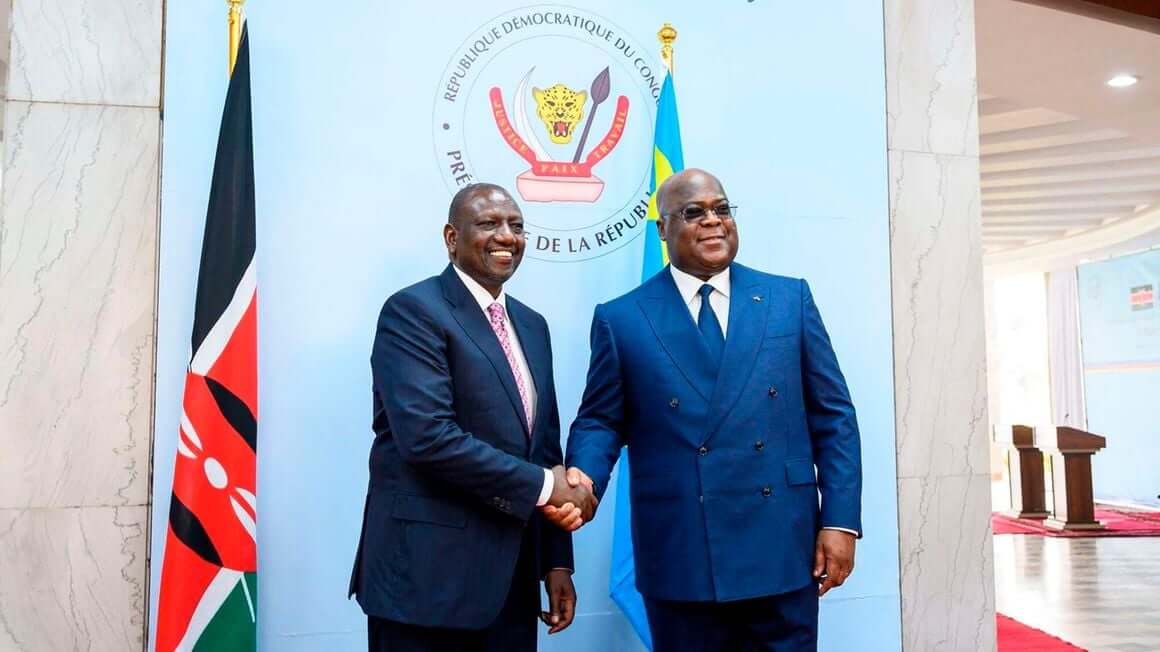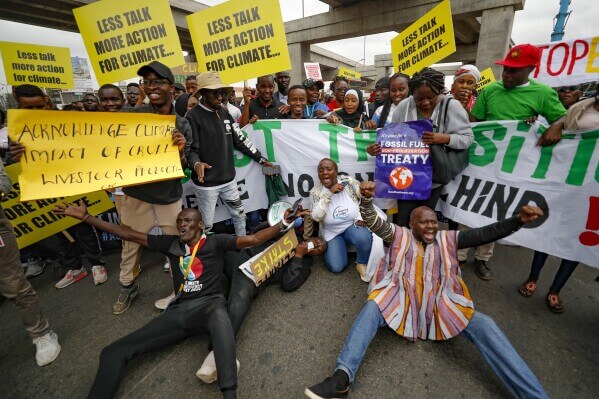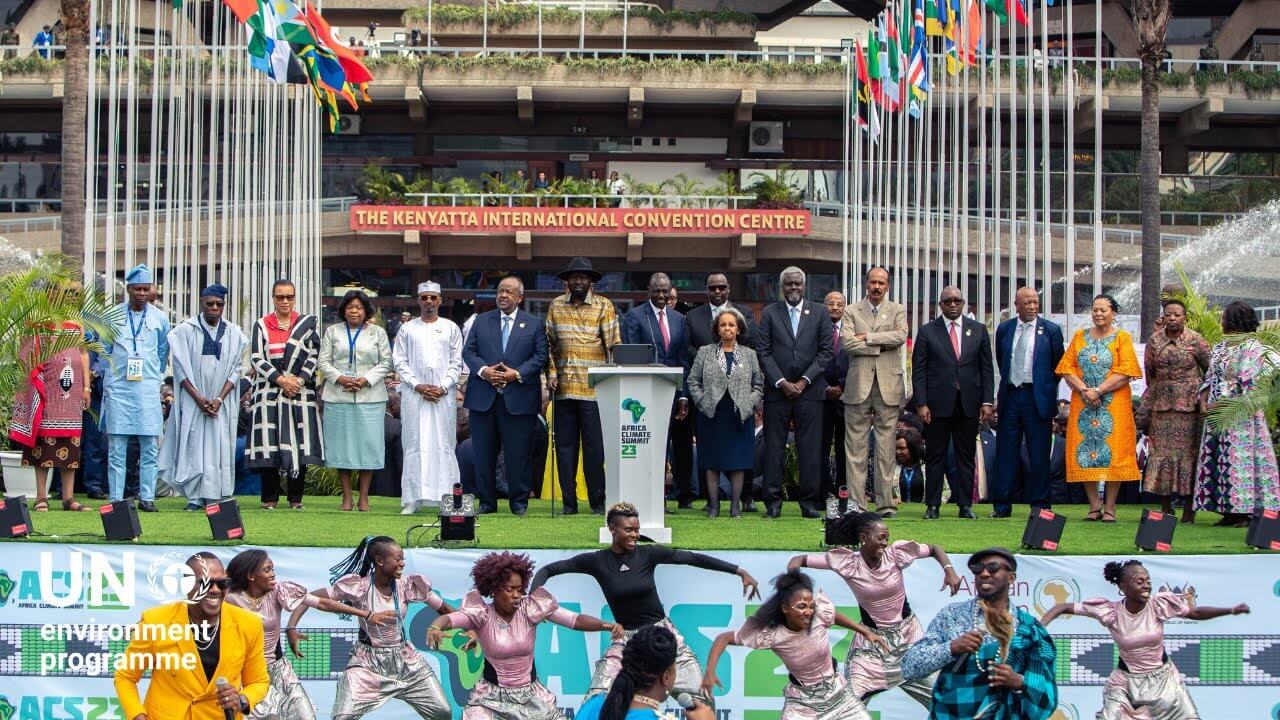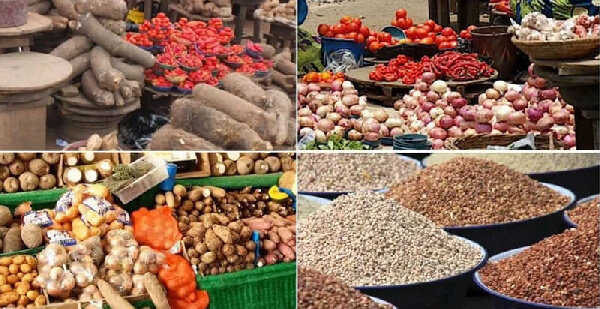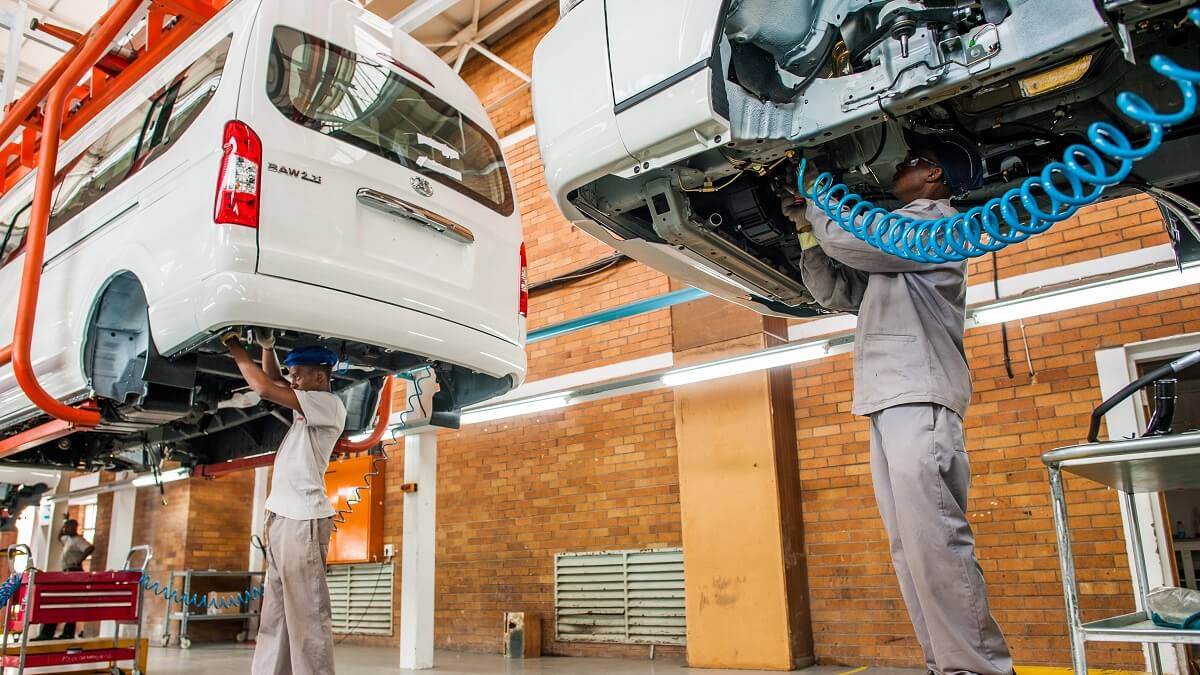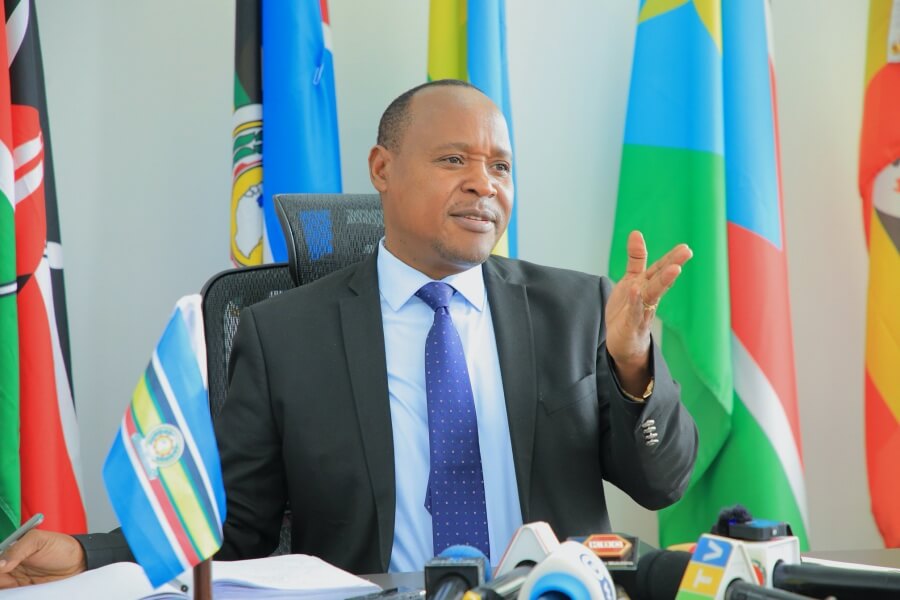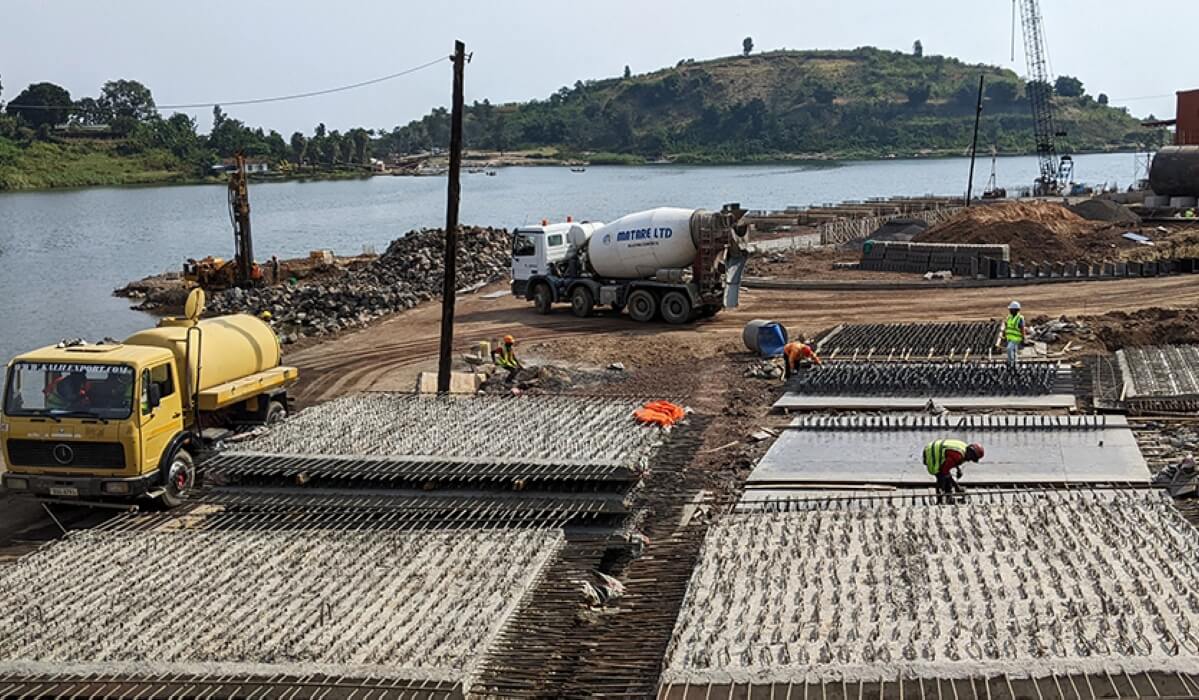The Economic Community of West African States (ECOWAS) has adopted a regional strategy to accelerate the implementation of the African Continental Free Trade Area (AfCFTA) agreement in the ECOWAS region and leverage on opportunities for growth and prosperity. The 90th Session of the ECOWAS council of ministers endorsed the ECOWAS implementation strategy for the agreement on July 6 and 7, 2023, in Bissau, Guinea-Bissau. This step follows the Strategy’s adoption by ECOWAS Ministers of Trade and Industry (ECOMOTI) at the 3rd ministerial meeting which was held on April 27 and 28, in Abidjan Implementation Strategy for the free trade agreement to effectively integrate West African economies into the continental market, by building on the progress and success of regional integration in West Africa to better take advantage of the economic gains of a common African Market. The ECOWAS implementation strategy for the free trade agreement is timely, as it responds to the African Unions 2023 ambition geared towards the acceleration of AfCFTA’s Implementation, which came into operation on January 1, 2021, marking the commencement of trade in a single African market of 54 countries, including 13 ECOWAS Member States. The strategy is geared towards improving the effectiveness of the region’s trade integration framework, increasing coordination between member states on their national implementation strategies, strengthening the productive capacity of Member States, building the capacity of member states to engage in strategic African trade policy and ensuring the AfCFTA is a positive tool for women’s and youth economic empowerment. “The strategy is...
ECOWAS adopts strategy for accelerated AfCFTA implementation in region
Posted on: September 8, 2023
Posted on: September 8, 2023


